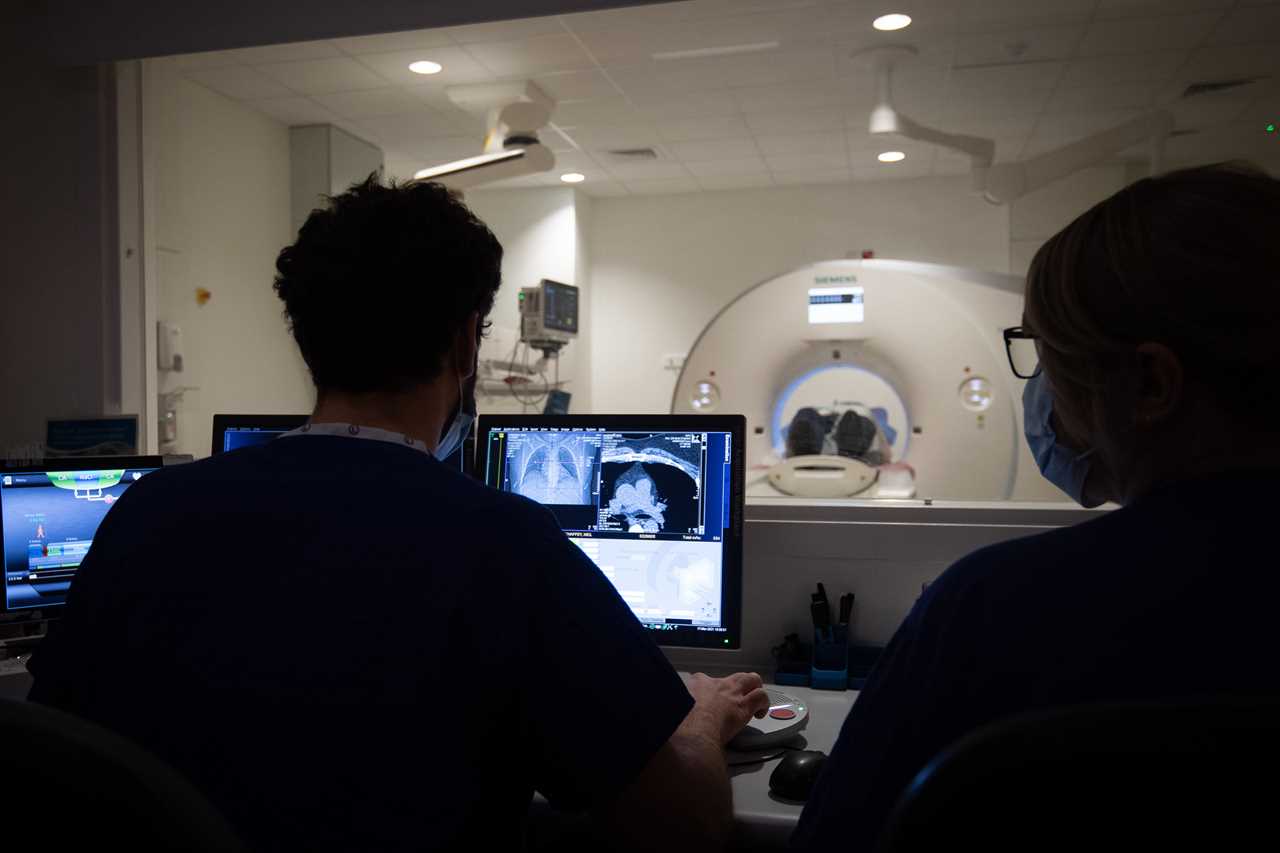
MRI Scans Could Catch Missed Prostate Cancer Cases
A groundbreaking study from University College London suggests that MRI scans could detect prostate cancer cases that are missed by standard blood tests. Currently, tens of thousands of men undergo prostate cancer screenings every year, with 52,000 new cases reported annually, making it the most common cancer among men. However, researchers believe that using MRI scans instead of blood tests could significantly improve diagnosis rates.
Promising Results from MRI Scans
In the study, researchers found 29 cancer cases out of 303 men. Of these cases, 25 were detected by MRI scans, while only four were identified through the prostate-specific antigen (PSA) blood test alone. Study author Professor Caroline Moore pointed out that over half of men with clinically significant cancer would have been falsely reassured by the PSA test alone, emphasizing the need for a new approach to prostate cancer detection. The study also revealed low rates of "overdiagnosis" with the use of MRI scans.
Challenges in Prostate Cancer Screening
Currently, there is no national screening program for prostate cancer due to the limitations of existing tests. These tests can often detect small or slow-growing tumors that are clinically insignificant, leading to unnecessary treatment that may have more harm than benefit. Many men live with prostate cancer for years without it impacting their lives, with 78% surviving more than a decade after diagnosis.
The Future of Prostate Cancer Screening
The results of this study have generated excitement within the medical community, with experts suggesting that larger studies should be conducted to explore the potential of MRI scans as the basis for a national screening program. Simon Grieveson from Prostate Cancer UK described the results as "extremely exciting" and emphasized the urgent need for improved screening methods to save more lives.
However, Professor Sir Mike Richards, chair of the UK's National Screening Committee, stated that there is currently no clear evidence that the benefits of prostate cancer screening outweigh the harms. The committee will continue to monitor the progress and findings of studies like this and take them into consideration when making recommendations.






